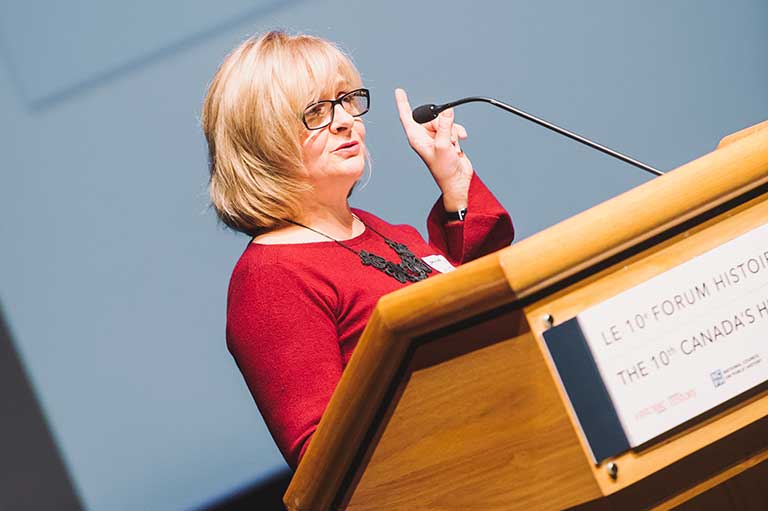Is Technology Altering Our History?
Technology and history can appear to be divergent. When most people think about history, they think of books, documents, artifacts – tangible evidence of the past. The present and the future however, are all about new media, digital, and interactive programs. Unless we change that perception, history will potentially be seen as increasingly irrelevant.
In a December 2009 study conducted by Canada’s History, almost twice as many history educators and public historians as the general public had not yet embraced websites and social media as useful tools for regular use in their work or personal life.
As the world goes increasingly digital most of our future history is being recorded, stored and shared differently. However, some are concerned about the fragility of these records in these new media. How do we protect them from being easily lost, manipulated, or used out of context? On the other hand, new technologies have made unprecedented volumes of historical records and primary data more widely accessible for any number of uses: personal, educational, and academic. More voices, more perspectives challenge not only who writes our history, but what history is.
Whether or not this paradigm shift is seen as an opportunity, a threat, or both, one thing is clear: we must embrace the change.
Thanks to the generous support of Enbridge and the department of Canadian Heritage, this sixth National History Forum has been developed to highlight some of the best practices and uses of new technology to advance the field of history education. In so doing we aim to inspire greater exploration of its potential, and foster a stronger connection between history and the future.
Themes associated with this article
Advertisement




